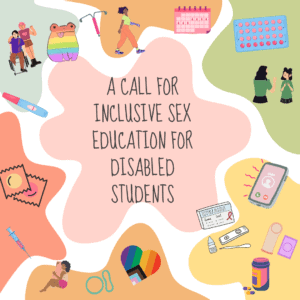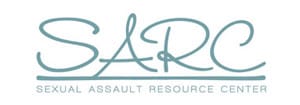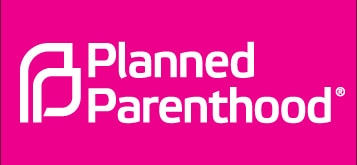
Beyond the Birds and the Bees: A Call for Inclusive Sex Education for Disabled Students
Picture this: it’s the start of a new school year, and you’re sitting in your first sex education class. You’re listening to the teacher drone on about the birds and the bees, but as the lesson progresses, you start to realize that something is missing. The information you’re being taught seems to be aimed at a narrow subset of people, geared towards able-bodied individuals, leaving those with disabilities in the dark about their own sexual health. Who can they turn to for support and guidance? As we continue to neglect the sexual health and education of disabled individuals, we leave them to navigate a labyrinthine landscape of taboo and stigma, where questions remain unanswered and voices are left unheard. The deafening silence only underscores the urgent need for comprehensive and inclusive sex education that includes disabled students in the conversation.
Many argue that sex education in schools has come a long way since the days of awkward puberty talks and vague warnings about the dangers of ‘getting in trouble’. However, despite some progress, the present state of sex education is far from perfect. Many programs are still plagued by issues that leave students uninformed, confused, or even at risk. According to Planned Parenthood, while 37 states have laws mandating the inclusion of abstinence education in sex education, only 18 states require educators to provide information on contraception. This lopsided approach to sex education has left many students feeling like they’ve been given half the story.
Now just as this one-size-fits-all sex education model fails to meet the needs of all students, it is especially inadequate when it comes to the disabled community. According to an NPR investigation in 2018, people with intellectual or developmental disabilities are at least seven times more likely to be victims of sexual abuse than their nondisabled peers. This statistic is alarming, and it underscores the need for comprehensive and inclusive sex education that includes special education students.
Many schools are falling short in this area, with only three states explicitly including special education students in their sex education requirements, while 36 states fail to mention students with special needs at all. We can’t wait for a crisis to prioritize this issue – schools must take action now.
“Nothing about us without us.” Let these words from disability rights activist Judy Heumann ignite a call to action. We must break the barriers that have silenced disabled voices in sex education and create a culture of inclusivity and acceptance. It’s time to leave behind outdated stigmas and embrace a truly comprehensive and inclusive sex education that empowers all students to make informed choices. The 21st century demands it, and our future depends on it.
‘Nothing About Us Without Us’
Sex Education Laws and State Attacks
Children With Disabilities Need Sex Ed Too




